What do i need to know?
IR35 Legislation – Explained
The ‘Intermediaries Legislation’, commonly known as IR35, was introduced in April 2000. The legislation is intended to tackle the perceived tax abuse by an individual who would be treated as an employee of their client, were it not for their personal service company (PSC) acting as an intermediary. Working in this manner enables an individual to make substantial tax and NI savings.
During an IR35 enquiry, if HMRC decide that an engagement is ‘caught’ by IR35, they will calculate a deemed payment, treating all income received as salary and demanding all tax and national insurance contributions on payments originally paid out as dividends. New rules concerning Travel and Subsistence were introduced from 06 April 2016 and additionally mean that for any contractors determined by HMRC to fall inside of IR35 following an enquiry, any travel and subsistence expenses claimed for ordinary commuting will not be allowable.
As a recruiter supplying workers to public sector organisations, you will be familiar with the details of the legal obligations. With private sector organisations now facing similar changes, all contractor recruiters will be affected when placing a worker who is operating through a personal service company. Additionally, the private sector reforms will see the introduction of the Status Determination Statement (SDS), a client-led disagreement process as well as debt transfer provisions.
Recruiters IR35 Legal Obligations: Supplying workers operating through intermediaries
From 6th April 2020, medium and large companies will now bear the responsibility for determining the IR35 status of a worker supplied to them if the worker is operating through an intermediary, such as a personal service company (PSC). Small companies will be the only exception to this shift in responsibility.
It’s important to know the qualifying criteria for what constitutes a small company, to be exempt from IR35 status determination responsibility. When satisfying at least two of the below conditions, a company will be considered small under the Companies Act 2006:
• “Turnover not more than £10.2 million
• Balance sheet total not more than £5.1 million
• Number of employees not more than 50”
If you place a worker on assignment at a small company, the worker continues to carry the responsibility of determining the IR35 status of his or her own contract.
But what are your legal obligations if this is all new territory for you?
Recruiters Checklist For IR35 Compliance
The changes may seem intimidating at first. Use our checklist below to help you along the way:
• Compile an audit of your current end-hirers. Understanding the IR35 standpoint of your clients will help you make better informed decisions, and help you communicate with the workers you supply.
• Ensure you have correctly classified small companies who are eligible for exemption against medium and large companies.
• Knowing your place in the chain of supply pre-reform will also go a far way in helping you understand your risk. Occupying the position of fee-payer (the organisation who pays the intermediary), will mean bearing the responsibility for making PAYE tax and NI deductions from the invoice value. Consider if you are willing to carry the risk of being the fee payer and if your systems will be able to cope. You need to consider how you will make PAYE deductions from PSC invoices.
• Running a further internal audit on your current supplied workforce will help you have a headcount of the number of off-payroll intermediaries you have supplied to end hirers. This provides valuable insight into your anticipated workload post-reform.
• Flag any contracts that will extend past the April 2020 commencement date for IR35 reforms and speak to your end hirer about their plans to assess these assignments.
• Importantly, ensure you are completely comfortable with explaining IR35 and the possible impacts to your workers and clients. Drawing closer to the reform deadline, you will undoubtedly be asked more complicated questions.
This checklist is not exhaustive, and we encourage you to approach an IR35 specialist if you are in any doubt or have any concerns.
You can also use HMRC’s tool to check employment status for tax.
Address
20-22, Wenlock Road,
London,
N1 7GU
© 2020 Payday Payroll Ltd. All Rights Reserved.
